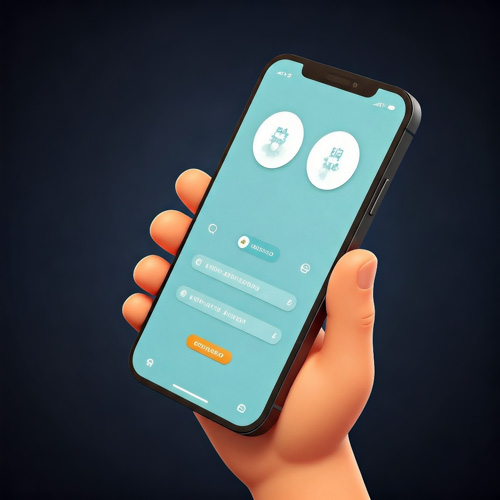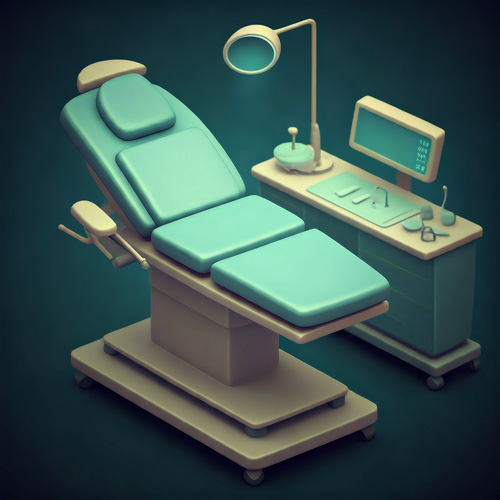A collaborative research team at Arkansas State University, featuring Dr. Fabricio Medina-Bolivar, Dr. Argelia Bolivar, and Dr. Travis Schmid, has recently been awarded a significant grant to advance their work on anti-aging. Specifically, their research is centered on investigating the potential of plant extracts to combat the biological processes associated with aging.
The team will focus on identifying and analyzing bioactive compounds within certain plants. These compounds may possess properties that can mitigate cellular damage, reduce inflammation, and improve overall cellular function, all of which are key factors in the aging process. While the specific plant extracts under investigation have not yet been publicly disclosed, the researchers are employing advanced techniques to isolate and test their efficacy at a molecular level.
This exploration of natural compounds aligns with a growing interest in harnessing the power of nature to promote health and well-being. The potential benefits of identifying effective plant-based interventions for aging are significant, offering a potentially less invasive and more holistic approach to maintaining vitality.
For Generation X, who are increasingly mindful of maintaining their health and energy levels, this research direction is particularly relevant. As we navigate the midlife years, the prospect of naturally derived solutions to support healthy aging is appealing. It moves beyond the often-hyped “miracle cures” and delves into rigorous scientific investigation of what nature might offer.
The grant awarded to the Arkansas State University team underscores the increasing scientific recognition of the role that natural compounds could play in promoting longevity and healthspan. As their research progresses, the findings could offer valuable insights into how we can leverage the power of plant extracts to support healthier aging for ourselves and future generations.






